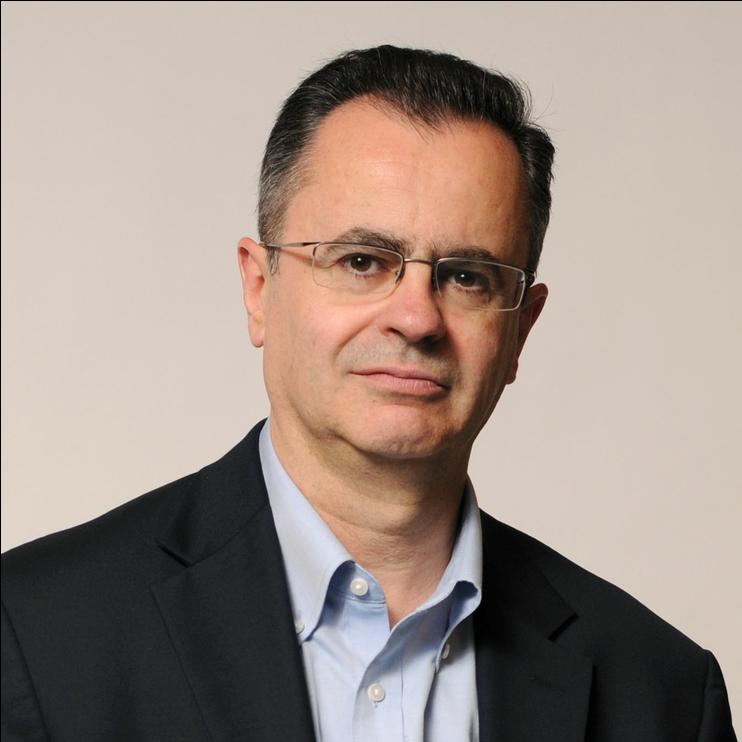
Antoni Estevadeordal is Special Advisor and Head of the Migration Initiative of the Inter-American Development Bank (IDB) since October 2018, where he coordinates IDB’s strategic and operational agenda on migration issues in Latin America and the Caribbean (LAC), as well as IDB’s Regional Public Goods Initiative.
He was previously the Manager of the Integration and Trade Sector of the IDB since 2007. He has expertise in regional cooperation, economic integration and trade policy in LAC, Asia-Pacific and Europe. Before joining the IDB he taught at the University of Barcelona and Harvard University.
He has published widely in major journals such as American Economic Review, Quarterly Journal of Economics, Review of Economics and Statistics, Review of International Economics, Review of World Economics, Journal of Economic Integration, World Economy. He has authored and edited several books such as 21st Century Cooperation: Regional Public Goods, Global Governance, and Sustainable Development (Routledge); The Sovereign Remedy: Trade Agreements in a Globalizing World (Oxford UP), Regional Rules in the Global Trading System (Cambridge UP), The Emergence of China: Opportunities and Challenges for Latin America (Harvard UP), The Origin of Goods: Rules of Origin in Preferential Trade Agreements (Oxford UP), Regional Public Goods: From Theory to Practice (IDB/ADB), Integrating the Americas: FTAA and Beyond (Harvard UP). He is a Nonresident Senior Fellow at Brookings Institution. He is a Spanish citizen and holds a Ph.D. in Economics from Harvard University and a B.A. in Economics from the University of Barcelona.










